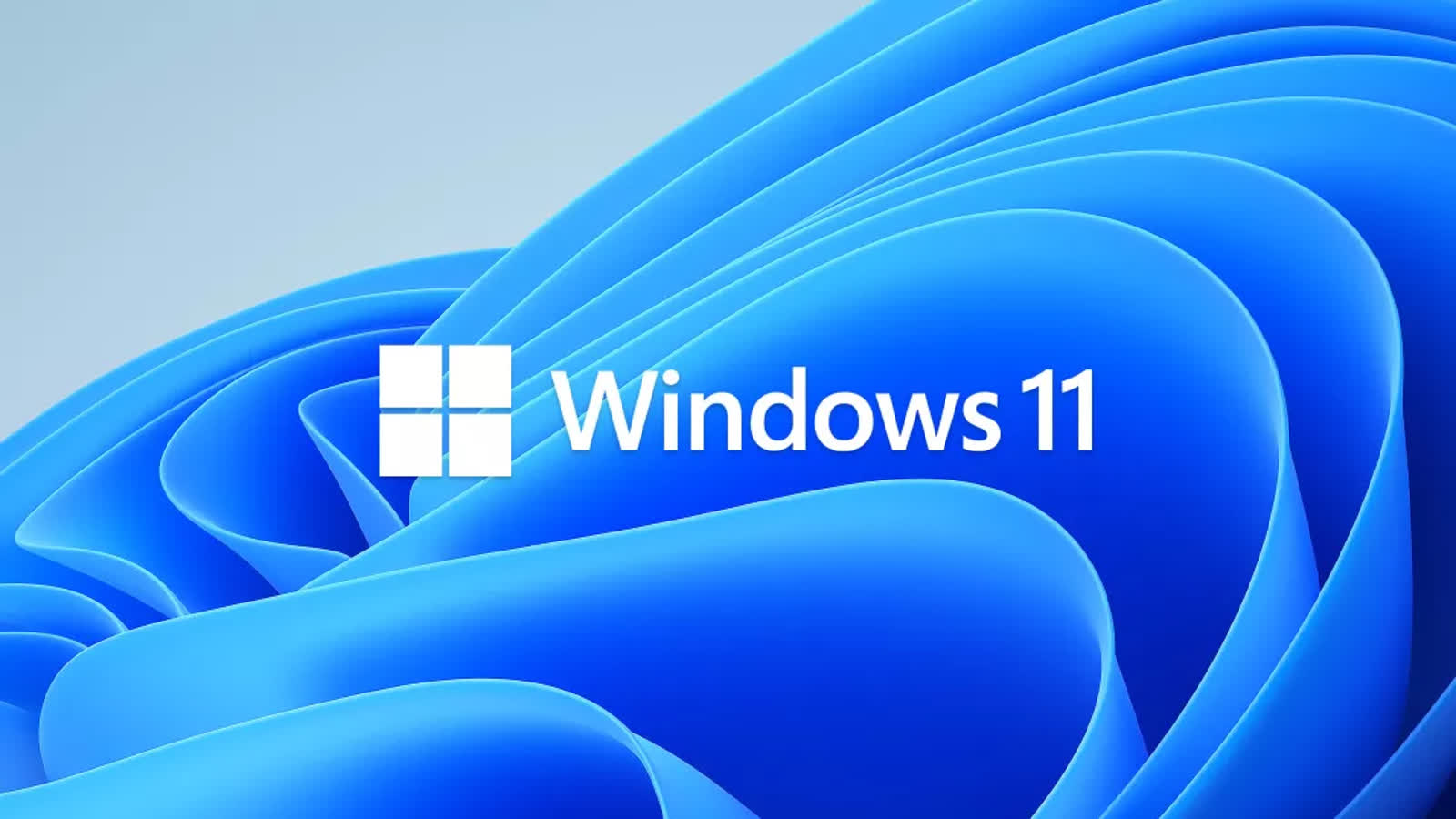In brief: The issues emerging from Windows 11's recent launch have become an interesting topic for many. Adding to the growing list of problems is a new compatibility issue affecting applications using some non-ASCII characters in their registry keys.
Microsoft revealed that certain apps could fail to open as a result, as well as cause other issues or errors in the operating system. Due to detecting the bug, Microsoft has placed a compatibility hold, resulting in users who have affected devices not being offered Windows 11 or removing the ability to install it.
"Compatibility issues have been found between apps using some non-ASCII characters in their registry keys or subkeys and Windows 11. Affected apps might be unable to open and might cause other issues or errors in Windows, including the possibility of receiving an error with a blue screen," Microsoft detailed.
The extent of the problem doesn't stop there, though: affected registry keys that feature non-ASCII characters might not be able to be repaired at all.

Users are advised not to attempt to manually upgrade to Windows 11 with the Update now button or the Media Creation Tool until a security patch can be released.
Windows 11 has also been plagued with a number of other issues. It's slowing down AMD CPUs by up to 15 percent, some networking software may slow down internet speeds, and a memory leak is impacting performance.
Elsewhere, although it's been a controversial requirement, Microsoft detailed why the OS requires TPM 2.0 in a video. The behind-the-scenes look at the security designed to protect Windows 11 is delivered by Microsoft security expert Dave Weston. Users will still be able to bypass the TPM requirement, however, in addition to a method to disable VBS.
Analyst firm Gartner recently said Windows 11 features could have easily been released as an update for Windows 10. The revamp was more about creating "a marketing opportunity for the PC ecosystem," the company stressed.
